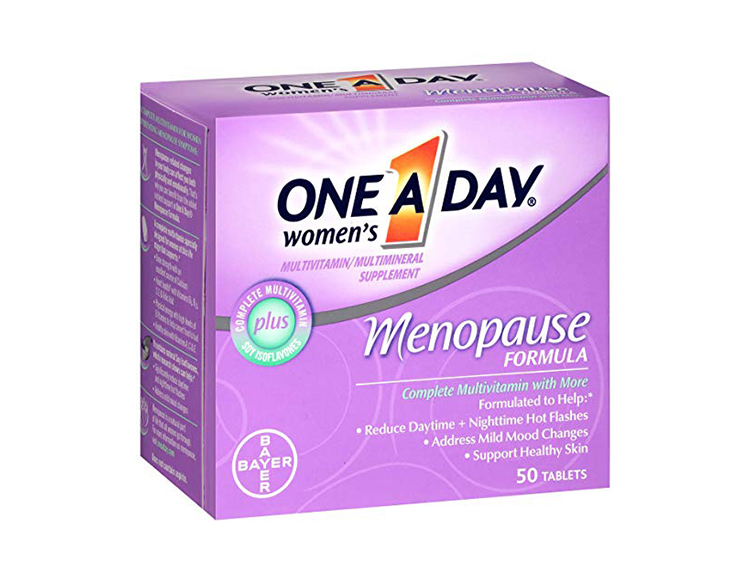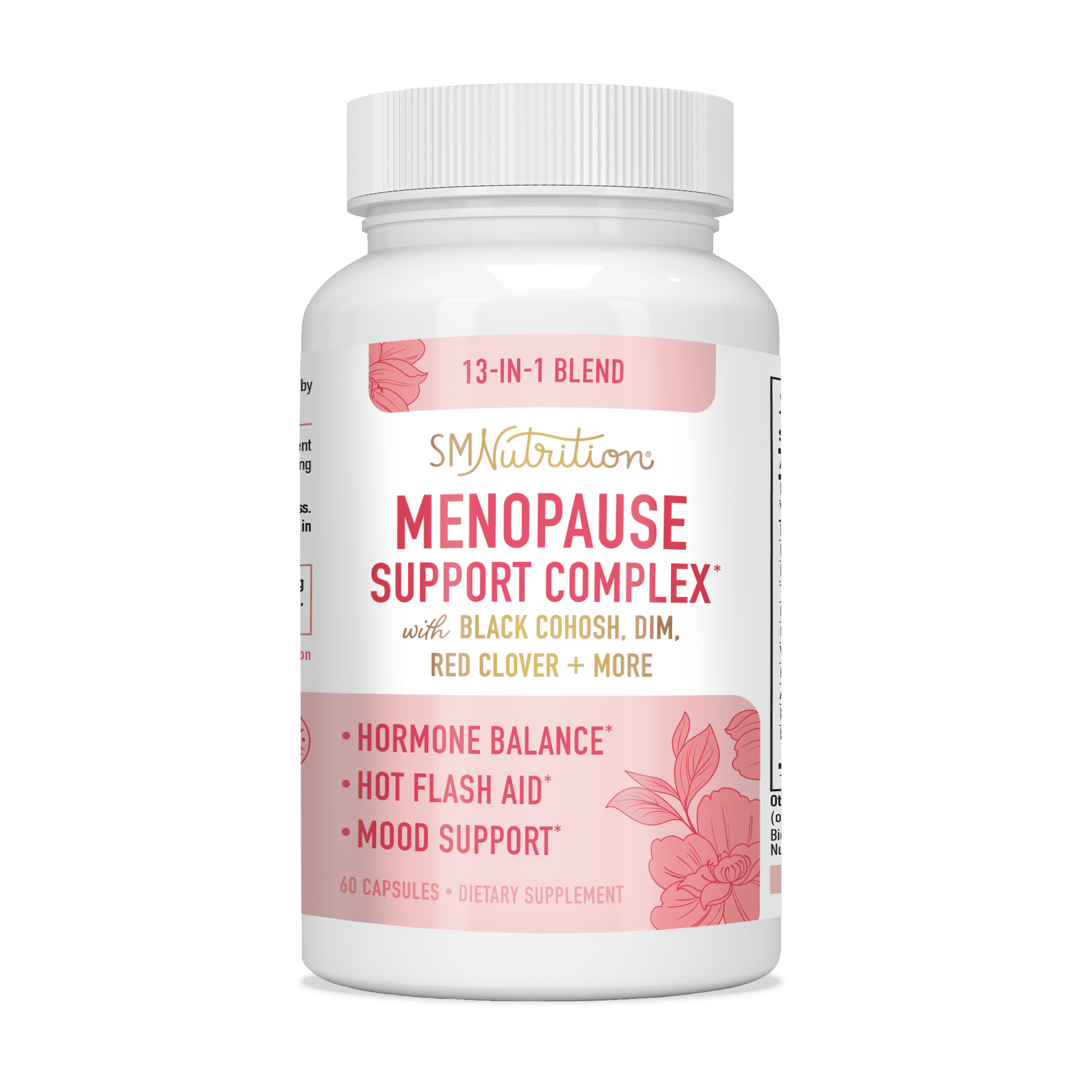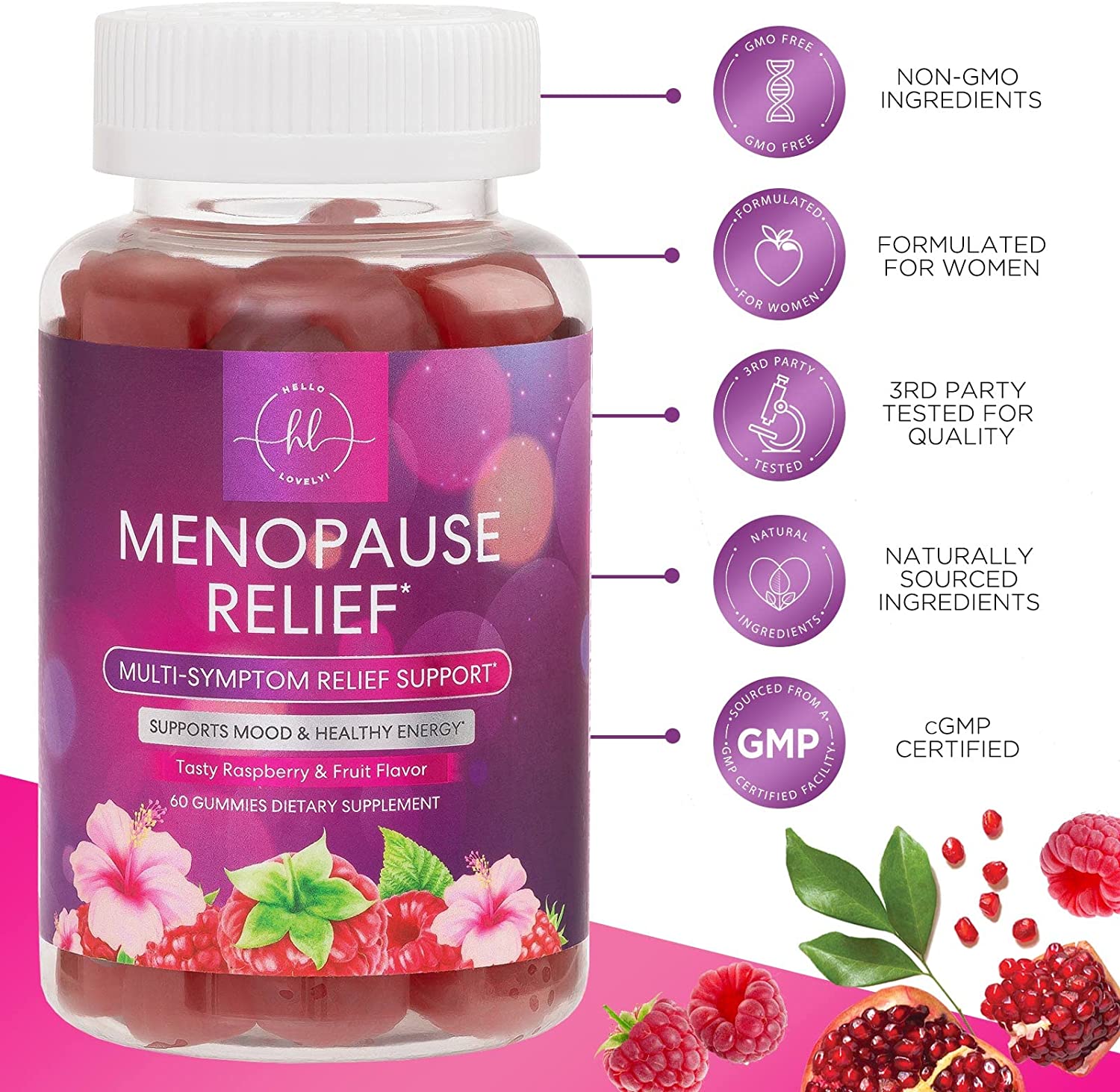Post Menopause Supplements For Weight Loss

The supplement industry is increasingly targeting women experiencing post-menopause with products promising weight loss. With hormonal shifts often contributing to weight gain during this life stage, many women are searching for solutions. But how effective and safe are these supplements?
This article delves into the science behind post-menopausal weight gain, examines the popular supplements marketed for weight loss, and explores the potential benefits, risks, and what experts recommend. It aims to provide a balanced view, helping women make informed decisions about their health and well-being.
Understanding Post-Menopausal Weight Gain
Menopause, the cessation of menstruation, typically occurs around age 50. The decrease in estrogen levels associated with menopause can lead to a slower metabolism and a redistribution of body fat, often resulting in weight gain, particularly around the abdomen.
Changes in muscle mass, decreased physical activity due to age-related issues, and genetic predisposition further contribute to this phenomenon. The National Institute on Aging acknowledges these factors, highlighting the complexity of weight management during this phase of life.
Popular Supplements Marketed for Weight Loss
A wide array of supplements are marketed to post-menopausal women for weight loss. These often include ingredients like conjugated linoleic acid (CLA), green tea extract, calcium, and vitamin D.
Conjugated Linoleic Acid (CLA)
CLA is a fatty acid found in meat and dairy products. Some studies suggest that CLA can reduce body fat and increase muscle mass.
However, the Mayo Clinic states that while some initial studies showed promise, more recent research indicates that CLA has little to no effect on weight loss.
Green Tea Extract
Green tea extract is rich in antioxidants and has been linked to increased metabolism and fat burning. It contains caffeine, which can provide a temporary energy boost.
The National Institutes of Health (NIH) cautions that while green tea extract may have modest benefits, these are generally small and inconsistent, and high doses can have negative side effects like liver problems.
Calcium and Vitamin D
These nutrients are vital for bone health, which is particularly important during and after menopause due to the increased risk of osteoporosis. Some studies suggest they may also play a role in weight management.
However, the evidence for their direct impact on weight loss is limited and inconclusive. Their primary benefit remains supporting bone density.
Potential Benefits and Risks
While some supplements may offer marginal benefits for weight loss, it's crucial to weigh these against the potential risks. The FDA does not regulate supplements as rigorously as prescription medications, meaning that the purity and potency of these products can vary considerably.
Side effects can range from mild digestive upset to more serious issues like liver damage or interactions with medications. Dr. Jane Smith, a leading endocrinologist at Massachusetts General Hospital, warns against relying solely on supplements for weight loss.
"Supplements are not a magic bullet," she states. "A healthy diet and regular exercise remain the cornerstone of effective weight management, particularly after menopause."
Expert Recommendations
Medical professionals and registered dietitians generally recommend a holistic approach to weight management during post-menopause. This includes a balanced diet rich in fruits, vegetables, and lean protein.
Regular physical activity, including both aerobic exercise and strength training, is also crucial. Strategies for managing stress and ensuring adequate sleep can also play a significant role.
Dr. Emily Carter, a registered dietitian with the Academy of Nutrition and Dietetics, emphasizes the importance of individualized plans. "Every woman's body is different, and what works for one person may not work for another," she explains.
Before taking any supplements, women should consult with their healthcare provider. This ensures that the supplement is safe and appropriate for their individual health needs and that it won't interact negatively with any medications they are taking.
The Role of Lifestyle Changes
While the allure of a quick fix is strong, the most sustainable approach to weight management during post-menopause involves lifestyle changes. Prioritizing a nutrient-dense diet, increasing physical activity, and managing stress can yield long-term results.
Focusing on overall well-being, rather than solely on weight loss, can lead to improved health outcomes and a better quality of life. These habits include setting realistic goals and seeking support from healthcare professionals and support groups.
Conclusion
Post-menopausal weight gain is a common concern for women. While some supplements may offer marginal benefits, they are not a replacement for a healthy lifestyle.
A balanced diet, regular exercise, and consulting with healthcare professionals are the most effective strategies for managing weight and maintaining overall health during this phase of life. Approaching weight management with a critical and informed perspective is crucial for ensuring safety and effectiveness.


















